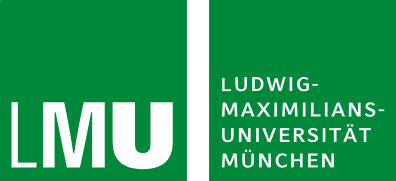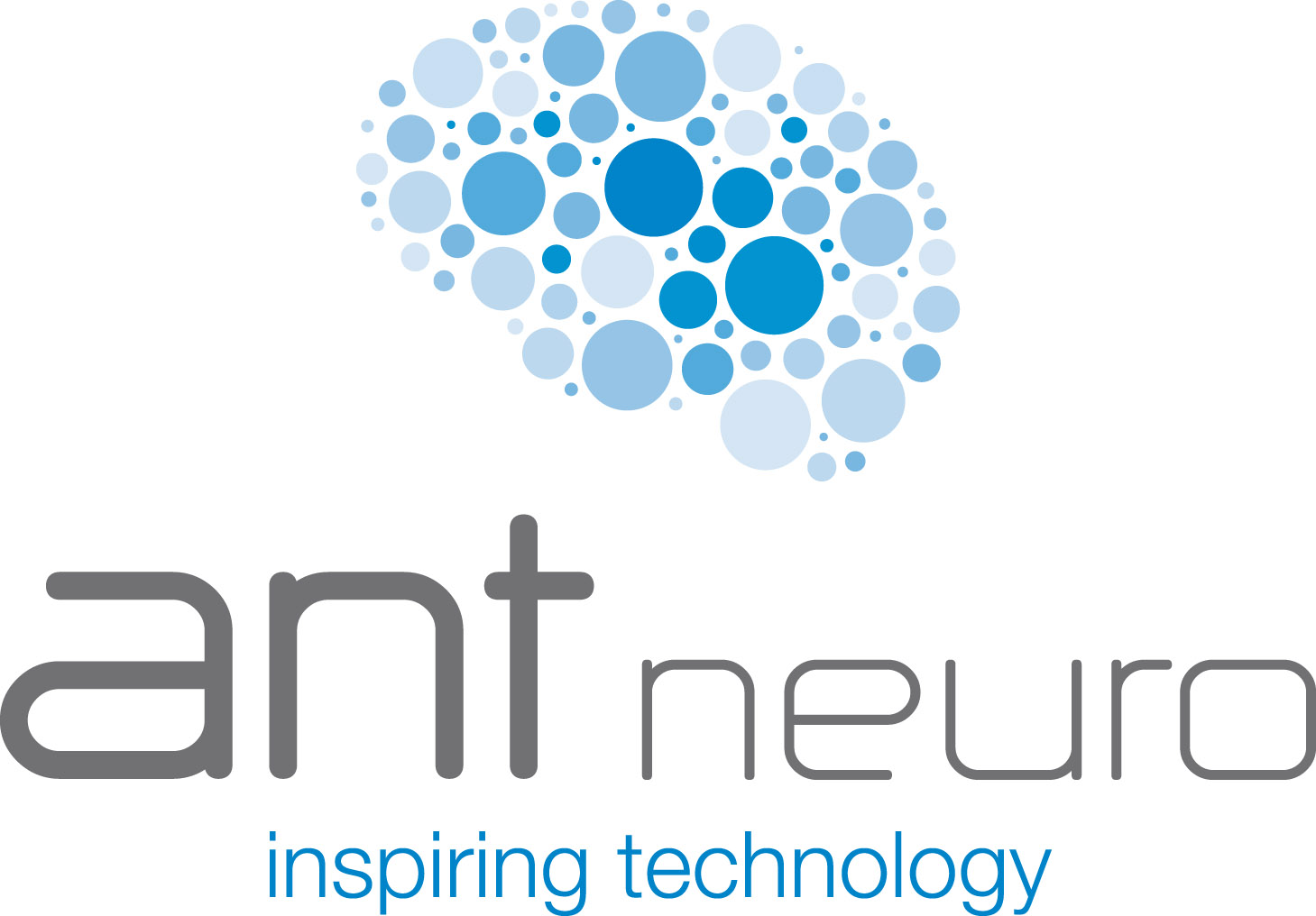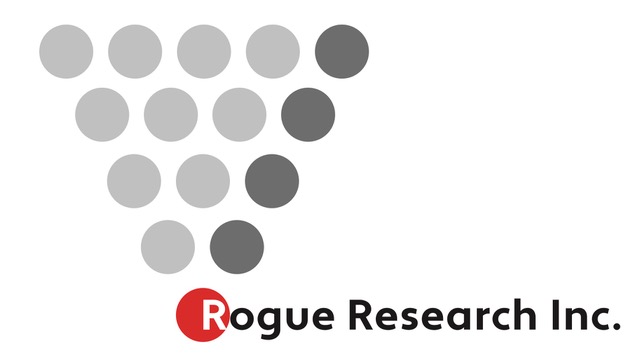1st Expert Workshop - Controversies in Brain Stimulation:
"Targeting Variability in Transcranial Stimulation Research"
6th – 8th October 2023
Friday, 6th October: 17:30 – 19:30 / 19:30 - 22:00 “Get-Together” in Alois Alzheimer´s Former Lab
Saturday, 7th October: 08:30 – 18:15 / 20:00 "Dinner" at the restaurant "Mariandl", Beethovenplatz
Sunday, 8th October: 08:30 – 18:00
The Expert-Workshop is organised by the UMG and LMU:


Download:
Registration information:
- Please send an email for your registration to Diese E-Mail-Adresse ist vor Spambots geschützt! Zur Anzeige muss JavaScript eingeschaltet sein!
- Registration fee: 230,- €
- Deadline for Registration was 1st August 2023 -- THE REGISTRATION IS CLOSED !!
Location:
Auditorium of the Ludwig-Maximilians-University Munich
Department of Psychiatry, Nußbaumstraße 7, 80336 Munich, Germany
The Workshop is partially funded by:


The Workshop is additionally sponsored by:
Information:
Transcranial stimulation (tDCS; rTMS and others) is a powerful and unique tool that can modulate brain activity online during stimulation and offline after stimulation.
It develops more and more towards a clinical tool, best advanced at present for therapy of major depression. While the treatment results are very convincing for this disease many other neurological and psychiatric study results are conflicting. Replicability of study results is an issue not only in transcranial brain stimulation but in general in science including even areas such as physics or chemistry. The extent to which neurophysiological or clinical effects following transcranial stimulation vary depends on many variables such as e.g. stimulation parameters (duration and intensity, number of sessions), anatomical and physiological factors (e.g. individual skull thickness, heterogeneity in cortical folding, varying (with age) cerebrospinal fluid thickness, variation in brain state), and many others. Individual neuroimaging, computational modelling and using neuronavigation during stimulation may reduce variability to some extent by more precise quantification of electrode montages and electric or magnetic fields intensities.
Thus, the scientific objectives of this workshop are in first line to bring together experts from different areas of transcranial stimulation in order to identify better the sources and key components of variability. There is a necessity to differentiate aspects such as Trial-to-Trial variability of electrophysiological variables (first line: MEP amplitudes) vs. variability of clinical endpoints. Finally, we will come up with recommendations, in a form of a position paper, for reducing variability in future studies. Since the field of transcranial stimulation is rapidly evolving, new techniques, devices, and applications may contribute to this goal. We will implement therefore also new developments and hereby hopefully will provide a platform for researchers to present their latest results and engage in discussions on the current state-of-the-art and future directions of the field, very much focused on issues around reducing variability.
The workshop will focus on variability of biomarkers such as MEPs, EEG and MRI data and less on clinical data in the present context.






